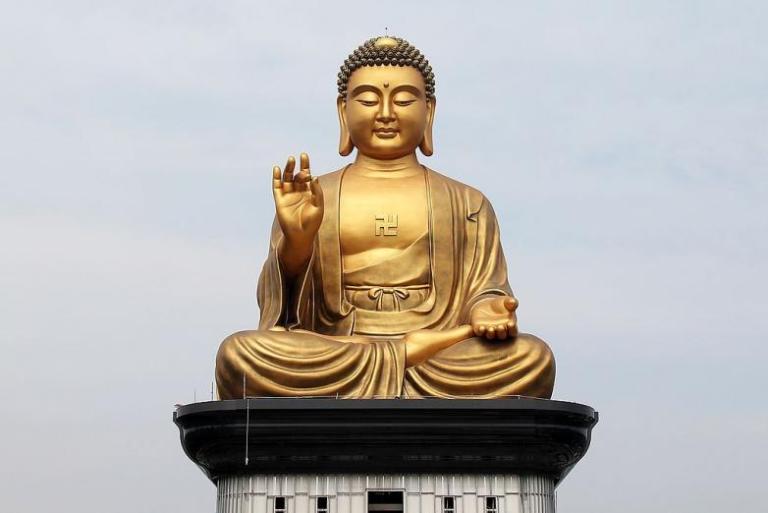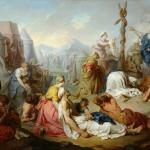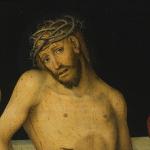
Archaeologists think they might have found the remains of the Buddha.
They discovered a ceramic box in Jingchuan County, China, that contains cremated human remains. The box is inscribed with the date 1013.
Gautama Buddha is thought to have lived from 563 B.C. to 483 B.C., not 1013 A.D., and in India, not China. But it turns out that Buddha’s ashes were widely distributed and venerated. They even had a name: śarīra.
The ceramic box had an inscription describing the efforts of two monks to collect the śarīra, as well as the Buddha’s teeth and bones, from a wide variety of sources. Here is the inscription:
“The monks Yunjiang and Zhiming of the Lotus School, who belonged to the Mañjuśrī Temple of the Longxing Monastery in Jingzhou Prefecture, gathered more than 2,000 pieces of śarīra (cremated Buddha remains), as well as the Buddha’s teeth and bones, and buried them in the Mañjuśrī Hall of this temple” on June 22, 1013.
“To reach this goal, both of them practiced the instruction of Buddhism during every moment of their lives for more than 20 years. Sometimes they received the śarīra from others’ donations; sometimes they found them by chance; sometimes they bought them from other places; and sometimes others gave them the śarīra to demonstrate their wholeheartedness.”
Practicing Buddha’s instruction “every moment of their lives for more than 20 years”! Now that’s dedication! What success in following their religion!
Imagine a pair of Christians saying that they followed the instructions of Christianity “every moment of their lives for more than 20 years.” We would be skeptical. The statement would be a denial of human sinfulness, a testimony of outrageous self-righteousness. If they could follow the Law with such perfection, through sheer dedication and resolve, they wouldn’t need Christ’s forgiveness. He wouldn’t have needed to die for them.
Buddha’s teachings, of course, have to do not so much with morality, but with techniques for extinguishing desire. But these two monks believed that they extinguished their desires so as to achieve their desire to collect the remnants of Buddha’s dead body.
Christians, though, follow a master who did not leave behind a dead body.
(Source: Lisa Gutierrez, Remains of Buddha found in China? Inscription on Jingchuan box dated 1013 | The Kansas City Star.)
Photo, Fo Guang Shan Buddha Memorial Center, by Shih Ruchang (博物館奇蹟-佛陀紀念館的故事) [CC BY 3.0 (http://creativecommons.org/licenses/by/3.0)], via Wikimedia Commons













